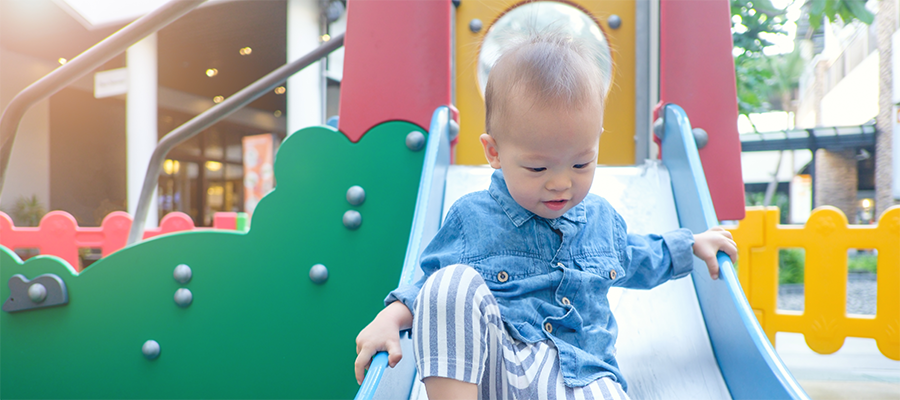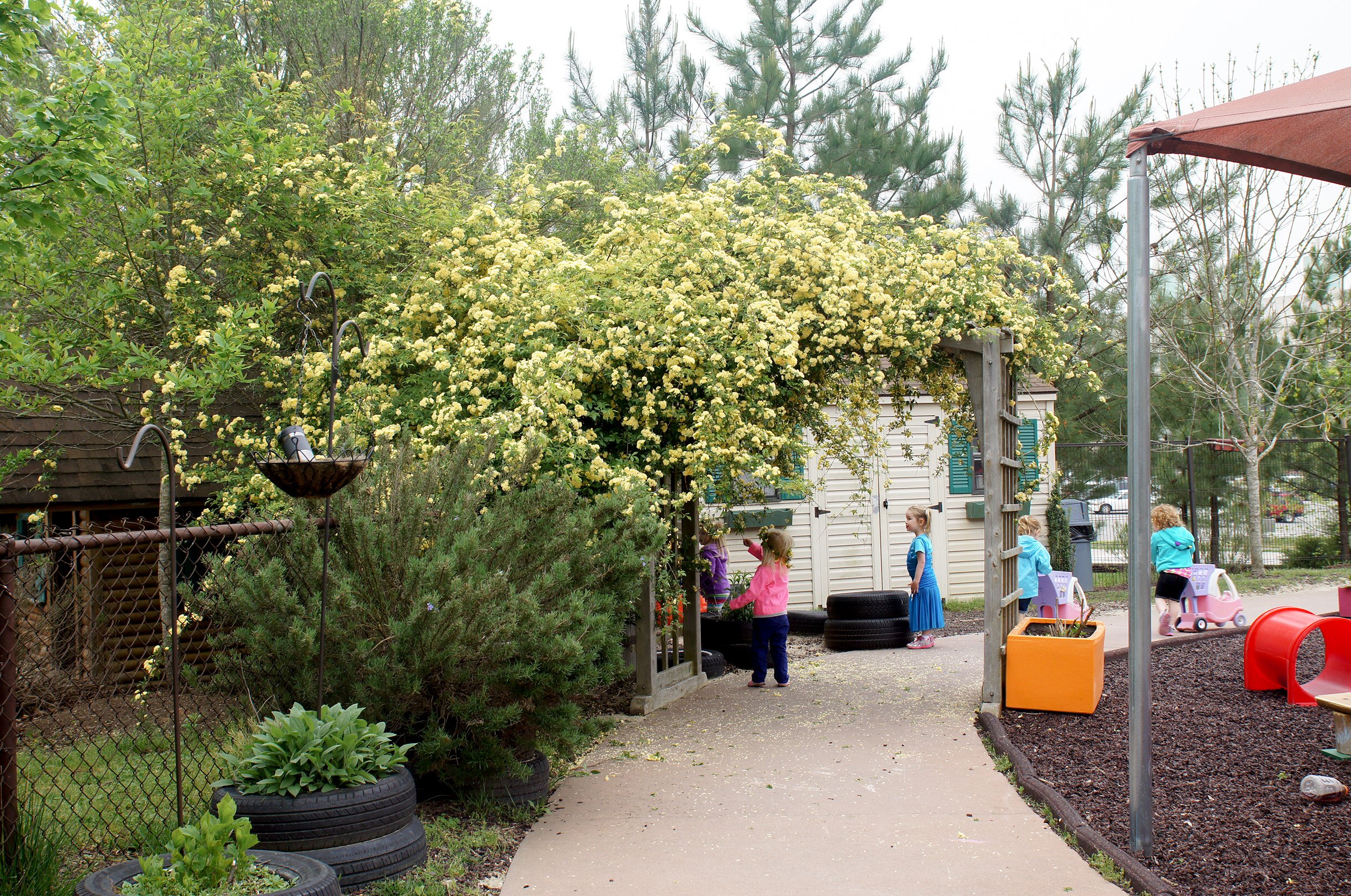
We know that high-quality early learning environments fuel the success of children and have positive social, economic and health impacts that last into adulthood.[1]
States can strongly influence whether their child care systems are quality-driven or not, especially in the areas of health and safety. That’s because quality can be achieved, in part, through strong state licensing regulations.
Historically, licensing standards have varied widely in stringency from state to state. In 2017, Child Care Aware® of America, along with partner agencies, began the massive undertaking of developing a child care licensing database for all states. CCAoA just launched the results of that undertaking – the Child Care Licensing Benchmark Project, in which state teams work collaboratively with CCAoA to assess the quality of their child care licensing system. CCAoA has reported on state licensing requirements for child care centers and family child care homes for the past 15 years, but the benchmark project is our most ambitious product so far. It includes a revised set of child care licensing standard benchmarks, a scoring rubric and a shareable state snapshot resource.
CCAoA initiated the Child Care Licensing Benchmark Project, in part, in response to the 2014 reauthorization of the Child Care and Development Block Grant (CCDBG) Act. The Act included substantial additions and updates to the federal regulations related to child care. One change was that all states are now required by federal law to have stronger licensing rules and monitoring in several areas.
In 2017, CCAoA convened a workgroup that included a diverse set of stakeholders: state and national child care administrators, state licensing personnel, Child Care Resource and Referral agency leaders, national early care and education organizations, parents and other early childhood and licensing experts. Their task was to develop new child care licensing benchmarks. CCAoA later added a review panel to allow additional stakeholders to participate in the benchmark development process.
After 15 months of work, CCAoA had a draft benchmarking tool with 14 benchmarks. We recruited and selected 5 states to participate in a pilot of the benchmarking tool process. Each pilot state gathered a team of experts to collectively do a self-assessment of their licensing using the tool. Teams included representatives from the state agency that oversees child care licensing, the state departments of health and education, and Child Care Resource and Referral agencies. Then CCAoA staff verified each state’s assessment and worked collaboratively with teams to finalize benchmark scores. Teams also provided important feedback on the tool’s language, ease of use and the overall process.
Based on the states’ input, CCAoA, along with our partners, refined the components of the benchmarking project:
- Child care licensing benchmarks for basic and advanced quality standards.
- A benchmarking tool for states, which they can use to self-assess their alignment with both basic and quality licensing standards.
- A scoring rubric, C-A-R-E, agreed upon by stakeholders. CCAoA uses the rubric to score each state’s submission and classify the state along a continuum. A ‘C’ corresponds to minimal alignment and ‘E’ corresponds to the best alignment with our benchmark.
- A state report. Once the scoring for a state is finished, CCAoA prepares a snapshot document summarizing the state’s alignment on each individual benchmark and its overall alignment with all benchmarks.
The Child Care Licensing Benchmark Project marks an important step forward to help states not only gauge how well they align with federal requirements, but also guide them as they strive to increase the quality of their child care system.
Currently, CCAoA has data for five pilot states — Delaware, Florida, Georgia, Oklahoma and Tennessee — and has plans to gradually expand the project to all 50 states and the District of Columbia. As Dr. Lynette Fraga, Ph.D., CEO of Child Care Aware® of America, says, “The Child Care Licensing Benchmark Project is a promising start to promoting continued quality improvements in early childhood settings. Over time, the project will lead to gradual advancements in child care quality for all children.”
If you are interested in working with us to assess your state's child care regulations, fill out this form to learn how you can join the Project.
[1]Garcia, JL., Heckman, JJ., & Zill, AL. (2018). Gender differences in the benefits of an influential early childhood program. NBER Working Paper No. 23412. Retrieved from NBER: https://www.nber.org/papers/w23412.pdf




